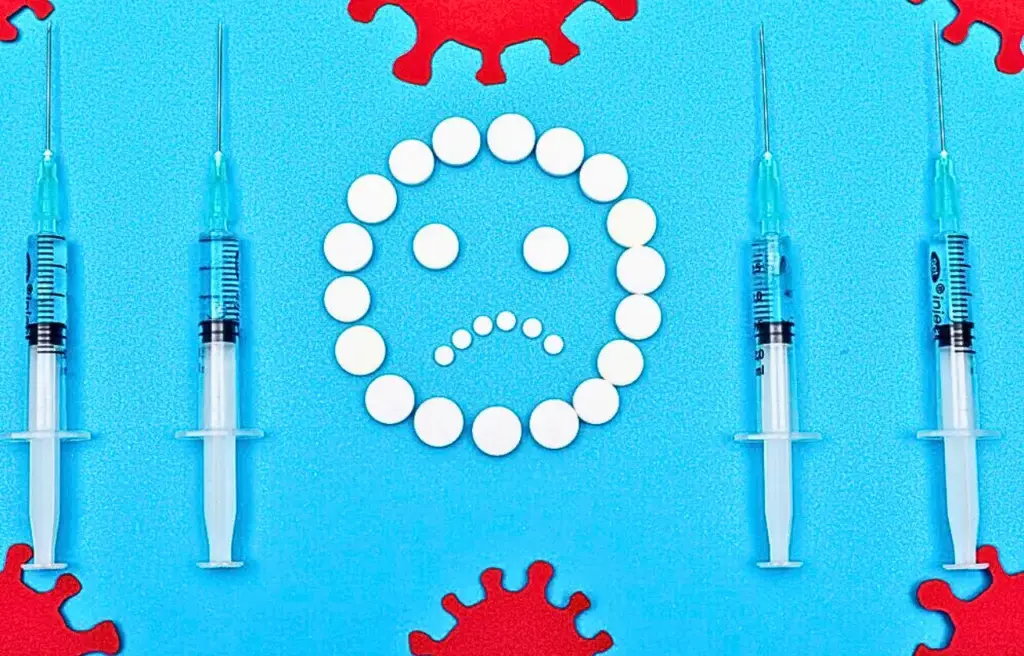Now Reading: Measles Vaccine Effectiveness: Can You Still Catch Measles After Vaccination?
- 01
Measles Vaccine Effectiveness: Can You Still Catch Measles After Vaccination?

Measles Vaccine Effectiveness: Can You Still Catch Measles After Vaccination?
Vaccination has been a cornerstone in the fight against infectious diseases like measles, saving millions of lives worldwide. However, recent measles outbreaks in Texas and New Mexico in 2025 have raised concerns about vaccine breakthrough cases—where individuals contract measles despite being vaccinated. This brings us to an important question: How effective is the measles vaccine, and can it fail to protect in some cases? By examining measles vaccine effectiveness, this article explores the science behind vaccines, reasons for breakthrough cases, and how immunization remains our best defense.
What Is Measles Vaccine Effectiveness and How Does It Work?
The MMR vaccine, designed to protect against measles, mumps, and rubella, is renowned for its remarkable effectiveness. But what does this mean in practical terms?
- Two doses provide up to 97% immunity, making it highly unlikely for vaccinated individuals to contract measles.
- One dose offers 93% protection, though slightly less comprehensive than completing the two-dose schedule.
Despite these impressive statistics, no vaccine guarantees absolute protection, which is why understanding measles vaccine effectiveness is crucial. Breakthrough cases can occasionally occur, but they are rare and generally much milder compared to infections in unvaccinated individuals.
Why Do Breakthrough Cases Happen Despite High Measles Vaccine Effectiveness?
Although the vaccine is highly effective, certain factors can lead to breakthrough cases, including:
- Waning Immunity Over Time: Immunity from the vaccine can diminish years after vaccination, especially in individuals who received only one dose.
- Incomplete Vaccination: Skipping the second dose leaves gaps in protection, which increases vulnerability to measles.
- High Exposure Environments: During outbreaks, even vaccinated individuals can face higher risks of infection due to intense exposure to the virus.
- Immune System Limitations: Some people may not develop a strong immune response to the vaccine due to underlying health conditions.
These factors highlight the importance of adhering to vaccination schedules to maximize protection and maintain herd immunity.
2025 Measles Outbreaks in Texas and New Mexico: A Test of Vaccine Effectiveness
In 2025, both Texas and New Mexico experienced significant measles outbreaks, with more than 300 confirmed cases reported. The majority of these cases were concentrated in communities with low vaccination coverage, where the virus spread rapidly.
Interestingly, a small number of breakthrough cases were also documented among vaccinated individuals, raising questions about the long-term measles vaccine effectiveness and the role of herd immunity. Public health officials stressed that these outbreaks underscore the importance of maintaining widespread vaccine coverage to prevent future epidemics.
How to Maximize the Protection Offered by Measles Vaccine Effectiveness
While rare, breakthrough cases can occur, but there are steps you can take to protect yourself and others:
- Stay Fully Vaccinated: Receiving both doses of the MMR vaccine ensures you benefit from the highest level of protection. If unsure about your vaccination status, consult your healthcare provider.
- Check Your Immunity: A simple blood test can determine whether your immunity remains strong or if additional measures are needed.
- Support Community Immunization: Encourage vaccination among your family, friends, and community to strengthen herd immunity.
- Follow Public Health Guidelines: Stay updated on outbreaks and minimize exposure to high-risk areas during active transmission periods.
By understanding measles vaccine effectiveness and following these steps, you can help protect yourself and those around you.
The Role of Measles Vaccine Effectiveness in Preventing Future Outbreaks
Vaccines are not only personal shields but also critical tools in building healthier communities. Even with rare breakthrough cases, the measles vaccine’s effectiveness is undeniable—it drastically reduces the risk of infection, prevents severe symptoms, and curbs the virus’s spread.
The recent outbreaks in Texas and New Mexico serve as stark reminders of what happens when vaccination rates decline. Without widespread immunization, contagious diseases like measles can resurge, posing significant risks to vulnerable populations, including infants and immunocompromised individuals. Vaccination is our most effective line of defense.
Conclusion
While it is possible to catch measles after vaccination, these cases are rare and typically less severe. The measles vaccine’s effectiveness remains a cornerstone in public health efforts, reducing the disease’s burden and saving countless lives.
The outbreaks of 2025 underline the importance of staying informed, adhering to vaccination schedules, and encouraging others to do the same. Vaccines are not only about individual protection—they are about safeguarding entire communities. By choosing to vaccinate, you contribute to a healthier and safer future for all.
Disclaimer: This article is for informational purposes only and does not substitute professional medical advice. Please consult a healthcare provider for personalized recommendations about your health.











